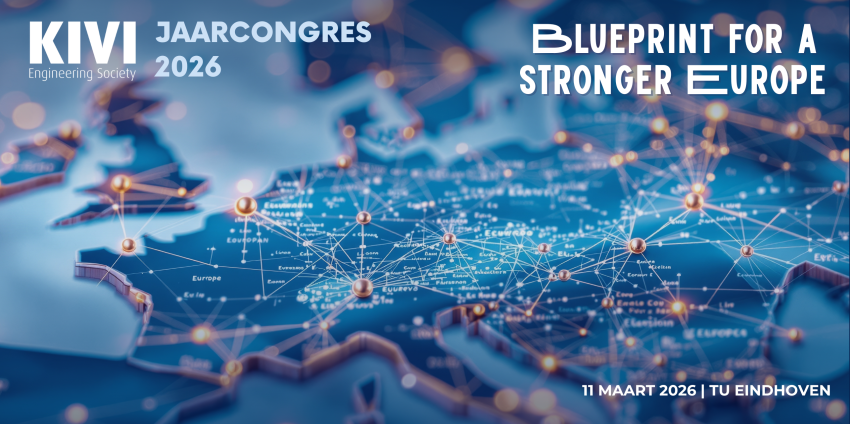
PULP2VALUE, based in Roosendaal, the Netherlands, aims to provide added value for producers of sugar beet pulp by creating processes that extract far higher value products from sugar beet side-streams.
PULP2VALUE, based in Roosendaal, the Netherlands, aims to provide added value for producers of sugar beet pulp by creating processes that extract far higher value products from sugar beet side-streams.
Philippe Mengal, Executive Director of BBI JU on the project: “Pulp2Value is a great example of how the BBI JU programme is opening up opportunities for industry and primary producers through developing innovative ‘added value’ biorefinery processing techniques.”
The origins of the PULP2VALUE project, began in around 2008, when Royal Cosun was undertaking separate projects focussed on individual uses for sugar beet pulp. In 2013, the time came to move from lab scale to industrial pilot scale. During this scale up the possibility of integration was already taken into account.
The PULP2VALUE project, which brings together a consortium that also includes Stichting Wageningen Research (Netherlands), Wageningen University (Netherlands), Orineo (Belgium), Nova-Institute (Germany), Bio base Europe pilot plant (Belgium) and Refresco Gerber (United Kingdom) is focussed on three high value products extracted from sugar beet sidestreams. The aim is to optimise, scale up and integrate processes for the three and at the same time build long lasting value chains for them.
The three products are microcellulose fibres (MCFs) - available for use in detergents, paints and coatings, composites and the oil and gas industry, arabinose (Ara) - flavours and food applications and galacturonic acid (GalA) - personal care and the chemical industry.
As well as the business case, the project which launched in July 2015 and will run until June 2019, will also aid rural development in sugar beet growing areas by connecting them in new cross-sectorial value chains with chemical, food and other industries.
Of the three product demonstration plants to which the project is committed, the microcellulose fibres (MCF) is undergoing its final test runs ahead of being fully operational very soon, the arabinose is on schedule to be operational in the second half of 2018 with the strategy for the galacturonic acid now underway.
It’s a fantastic project, making full use of biomass that has not been fulfilling its potential and creating significant business opportunities, not mention environmental and societal benefits.


